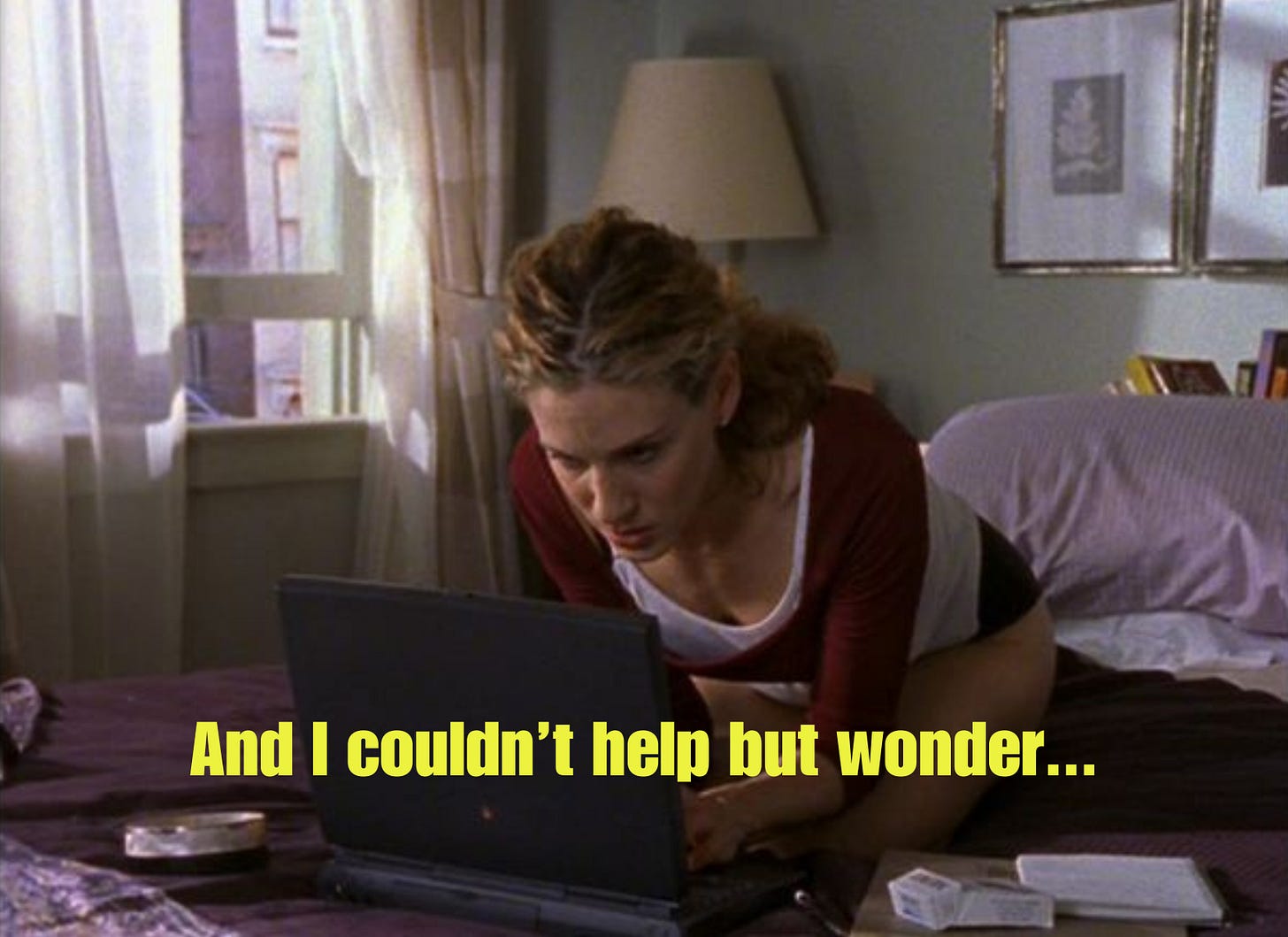yet I still don’t feel rested. The other morning, as I stood in front of the bathroom mirror, I noticed my toothbrush moving like the wings of a hummingbird. ‘Why am I brushing my teeth so aggressively?’, I thought to myself—what’s the rush? I wasn’t even late for anything, just speeding through my weekday morning in preparation for the next task. The next meeting, the next meal, the next book in my reading pile. It made me think of a question I overhead while working the front desk at a trendy yoga studio in Vancouver several years back.
Thursday nights at the studio were especially busy—mostly because a very popular male teacher, with sun kissed surfer hair and a gentle demeanour, taught his weekly power flow.
As fifty women in matching Lululemon sets scattered across the expansive space—frantically trying to find a spot for their mats, panicking to pay for parking on their phones (which were supposed to be left in the dressing rooms), and ruminating over the endless lists of things they needed to do as soon as class ended—the teacher offered a question to his students as he shut the door to signal class was about to begin.
“When we’re constantly rushing to relax, do we ever really find rest?”
I felt like I understood the concept back then. But lately, I have felt this notion on a much deeper level. Carving out an hour to do yoga is great—but when we’re still speeding through traffic, inhaling our meals, and checking our phones every chance we get, how beneficial is that hour of “relaxation”?
What would it take to let these mindfulness practices spill out of their tightly scheduled timeframes and seep into the overall way we live our lives?







